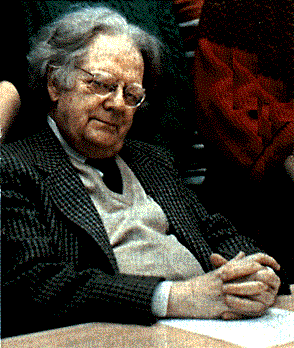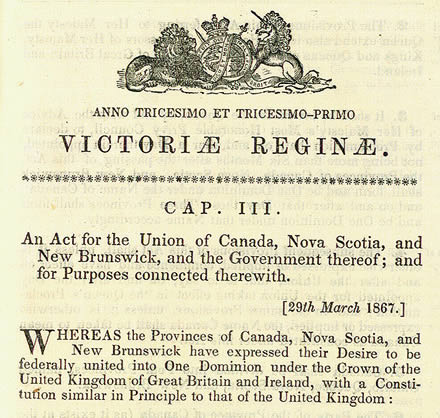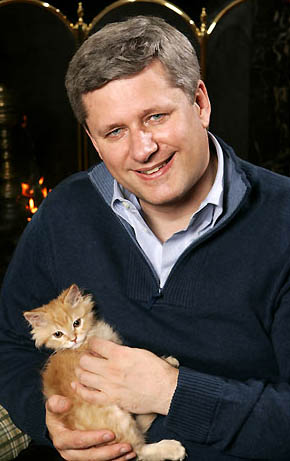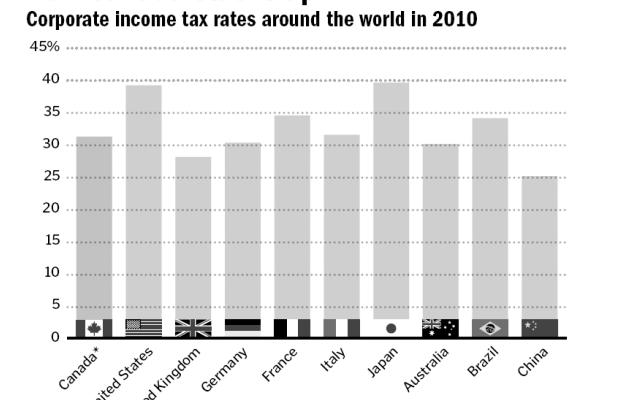httpv://www.youtube.com/watch?v=8WNmPYmrsNk
Pre-Confederation footage from the Salmonier River, along with a traditional Newfoundland reel
The Dominion of Newfoundland joined the Dominion of Canada on this date in 1949 to become the country’s tenth province:
Frye in an essay about E.J. Pratt, “Silence in the Sea”:
The attitude I have trying to trace in Pratt and associate with his Newfoundland origin is most clearly expressed, naturally, in the poem called Newfoundland which stands first in his collected poems. As the poet watched the sea beating on the Newfoundand shores, a possible ironic or fatalistic vision is dismissed and the vision of the unquenchable energy and the limitless endurance which unite the real man with real nature takes its place:
Here the tides flow, And here they ebb; Not with that dull, unsinewed tread of waters Held under bonds to move Around unpeopled shores— Moon-driven through a timeless circuit Of invasion and retreat; But with a lusty stroke of life Pounding at stubborn gates, That they might run Within the sluices of men’s hearts, Leap under throb of pulse and nerve, And teach the sea’s strong voice To learn the harmonies of new floods, The peal of cataract, And the soft wash of currents Against resilient banks, Or the broken rhythms from old chords Along dark passages That once were pathways of authentic fires.And just as the closed door separates the world of consciousness and feeling from the blind fury, so the open door unites man and his world in a common vision. (CW 12, 396-7)
I was lucky enough to live in Newfoundland for a year, and I can guarantee that Newfoundland did not join Canada, Canada joined Newfoundland.
I can also confirm that the bite of Newfoundland humor is keen. After the jump, a sketch from CODCO, now twenty years defunct and still missed.
An earlier post in which Frye cites a poignant fragment of Newfoundland verse here.





